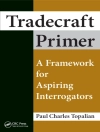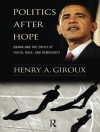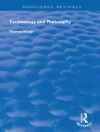In five essays, followed by extensive notes and bibliographies, Ivan Illich embarks on a major historical and sociological analysis of modern man's economic existence. He traces and analyzes options which surpass the conventional political 'right-left' and the technological 'soft-hard' alternatives and presents the concept of the 'vernacular' domain: ‘…to name those acts of competence, lust or concern that we want to defend from measurement by Chicago Boys or Socialist Commissars…the preparation of food and the shaping of language, childbirth and recreation, without implying either a privatized activity akin to the housework of modern women, a hobby or an irrational and primitive procedure.’ Illich deals provocatively with the controlling uses of language and science and the valuation of women and work. Drawing on unfamiliar historical sources, he lays bare the roots of much of the social ordering which affects industrial man: his own creation, but one which, at the same time, connives at his own oppression.
About the author
Ivan Illich was born in Vienna to a Croatian father and Sephardic-Jewish mother, and had as native languages Italian, French and German. He later learnt Serbo-Croatian, the language of his grand-fathers, then Ancient Greek and Latin, as well as Spanish, Portuguese and Hindi. Thereafter, he studied histology and crystallography at the University of Florence (Italy), theology and philosophy at the Pontifical Gregorian University in the Vatican (1942-1946) and medieval history in Salzburg. He is the author of Tools for Conviviality, The Right to Useful Unemployment, Energy and Equity, Limits to Medicine, Shadow Work, Gender, H2O and the Waters of Forgetfulness, ABC: The Alphabetization of the Popular Mind, Deschooling Society and In the Mirror of the Past: Lectures and Addresses 1978-1990. Illich lived much of his life in Mexico and the United States, he died in 2002.












